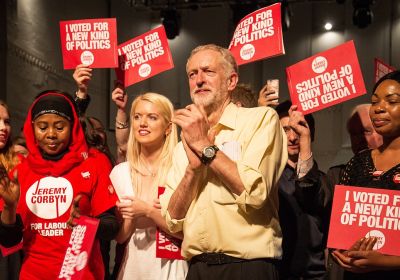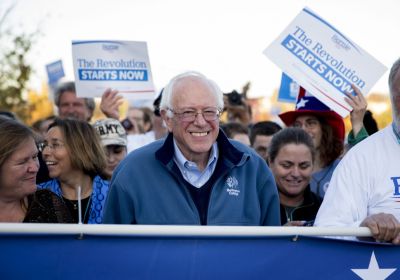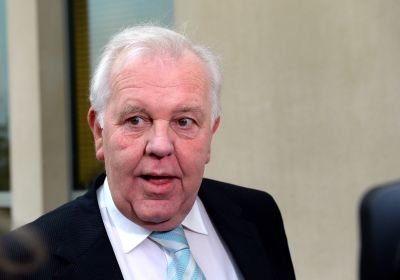
Right-wing Western Australian senator Joe Bullock has announced his resignation from the Senate over Labor's decision to remove the conscience vote for equal marriage rights in 2019.
The former head of the WA branch of the Shop, Distributive and Allied Employees Association entered the Senate in 2014 after a back-room deal to dump the Left's Louise Pratt.

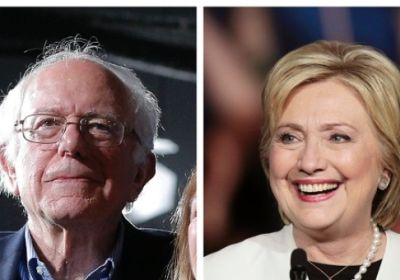
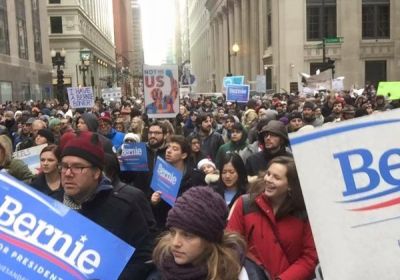

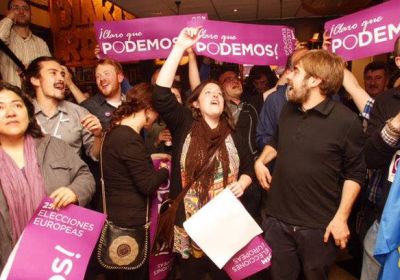
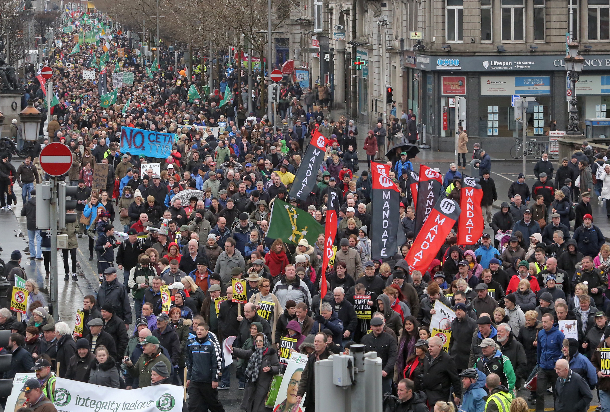 Dublin, February 20. Photo via An Phoblacht.
Tens of thousands of people took to the streets of Dublin on February 20 in support of a Right2Change rally calling for an end to water charges and support for the Right2Change candidates in the February 26 general election,
Dublin, February 20. Photo via An Phoblacht.
Tens of thousands of people took to the streets of Dublin on February 20 in support of a Right2Change rally calling for an end to water charges and support for the Right2Change candidates in the February 26 general election, 
